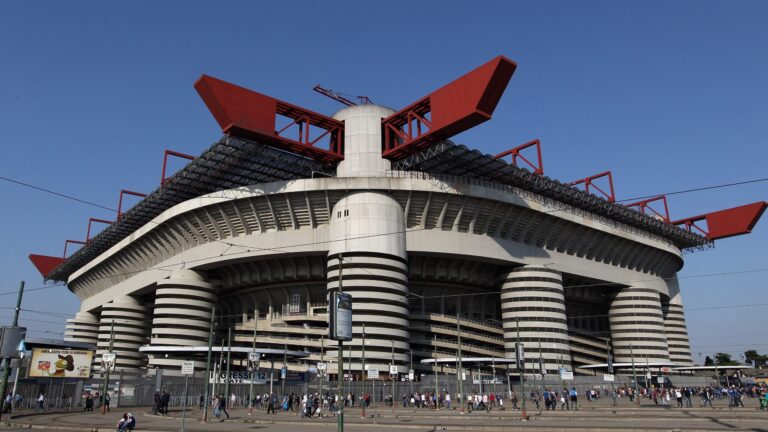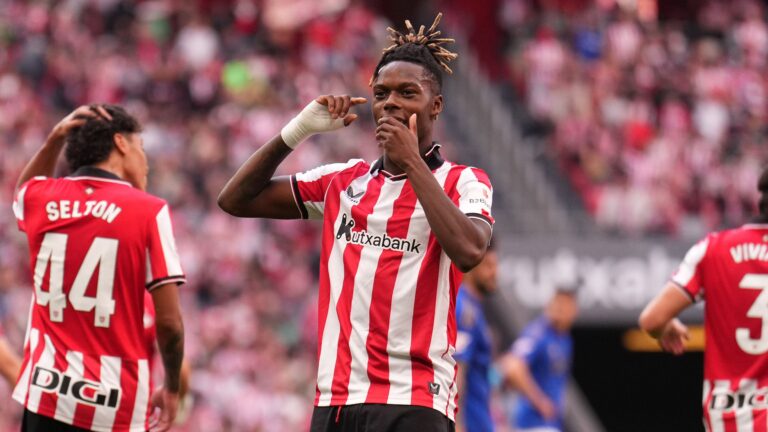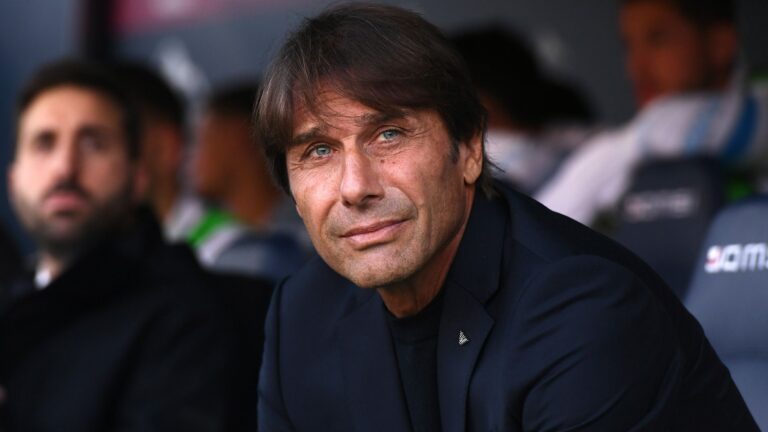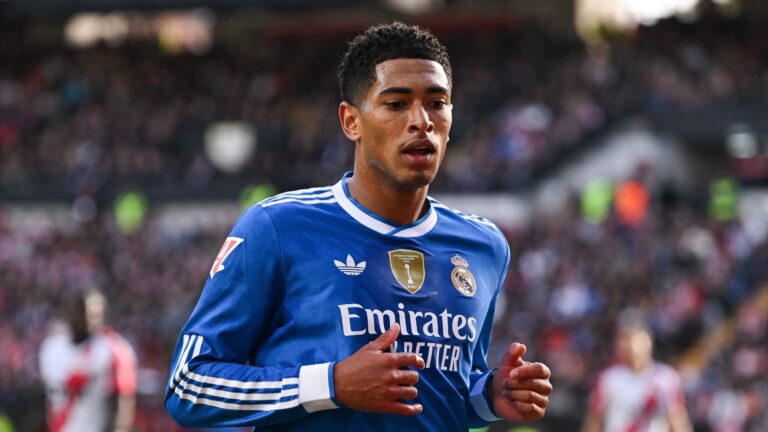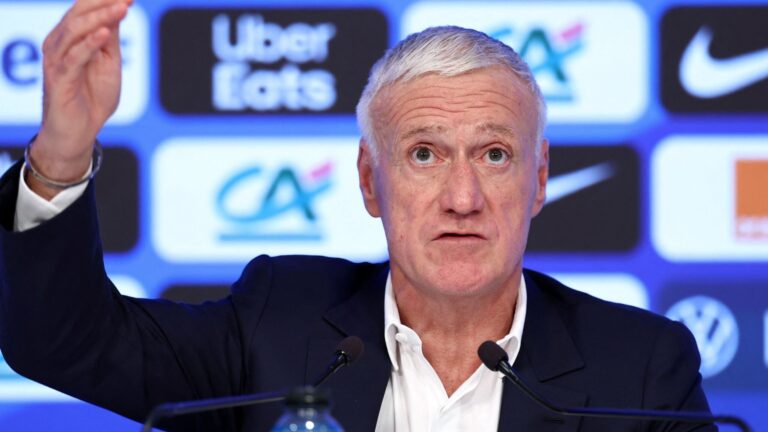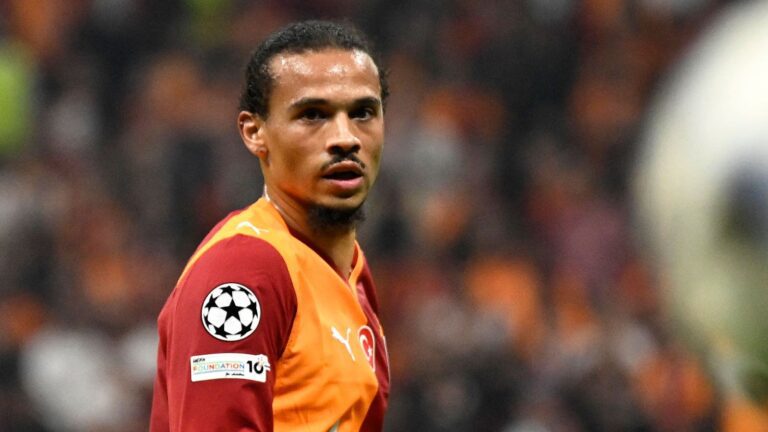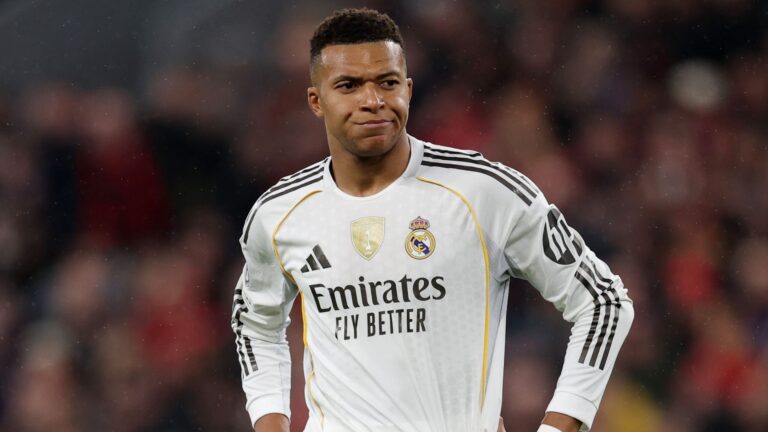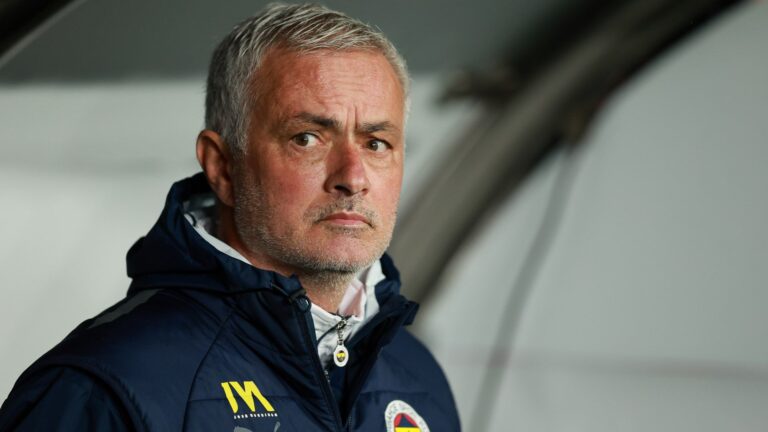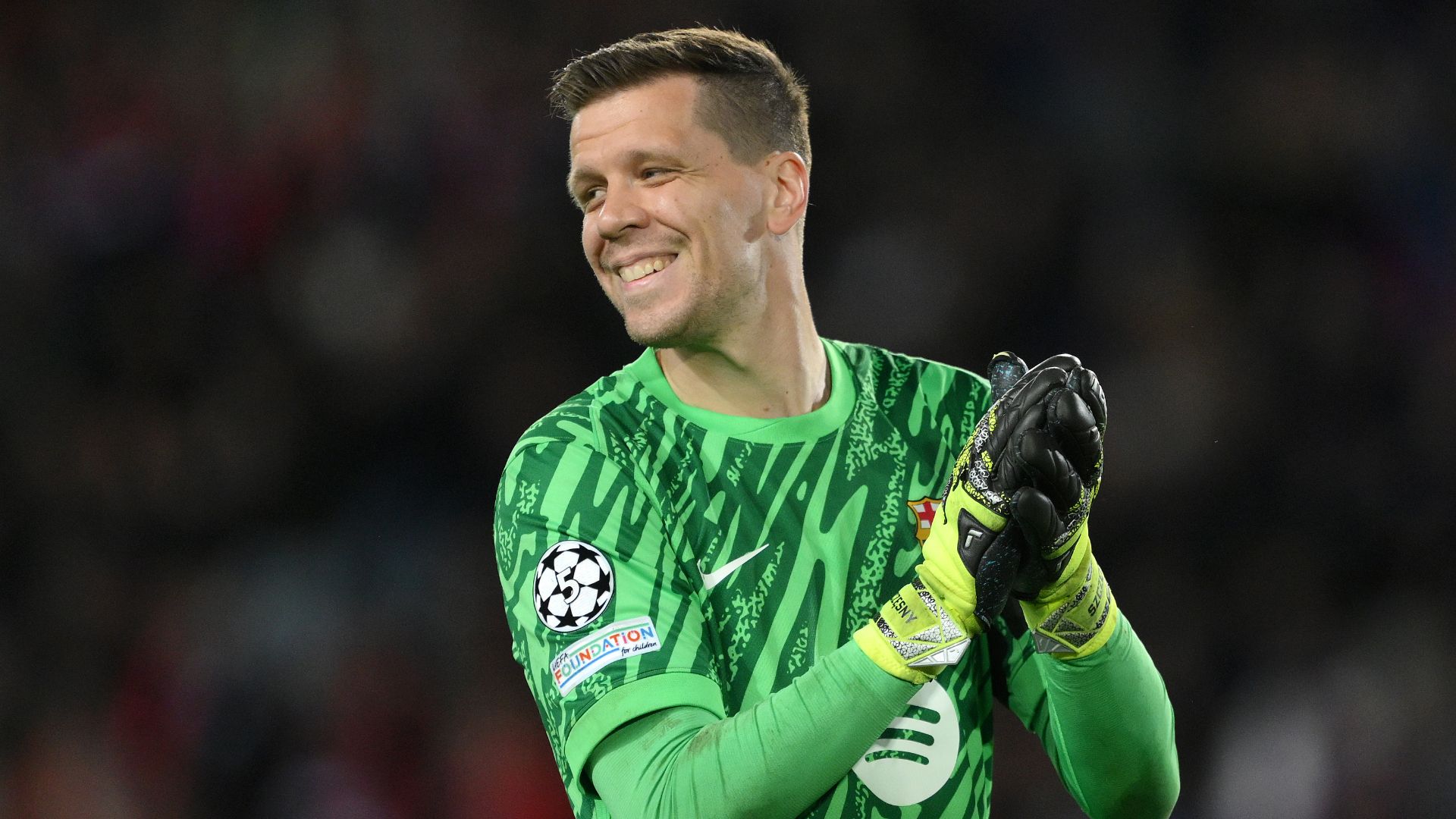
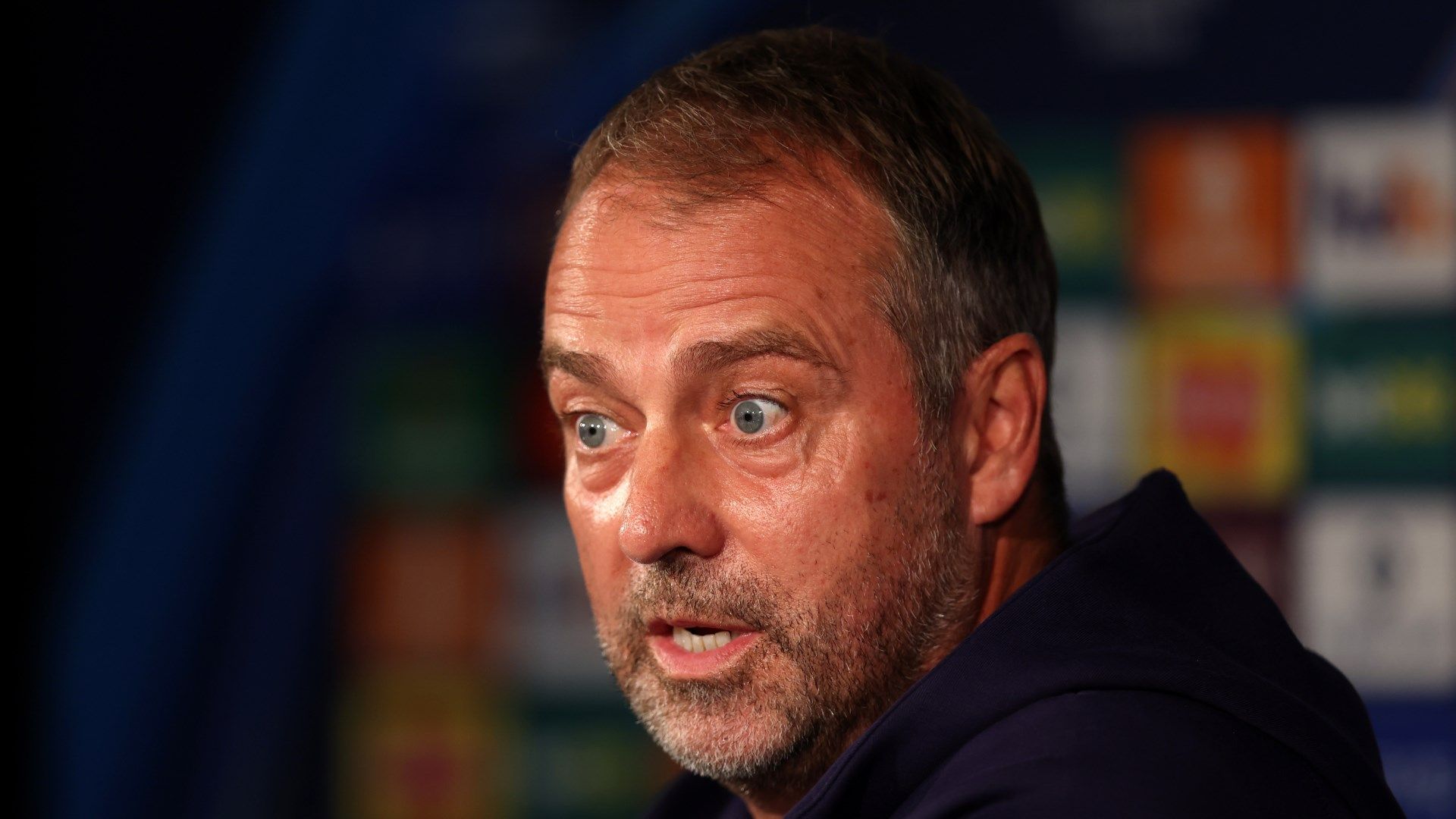
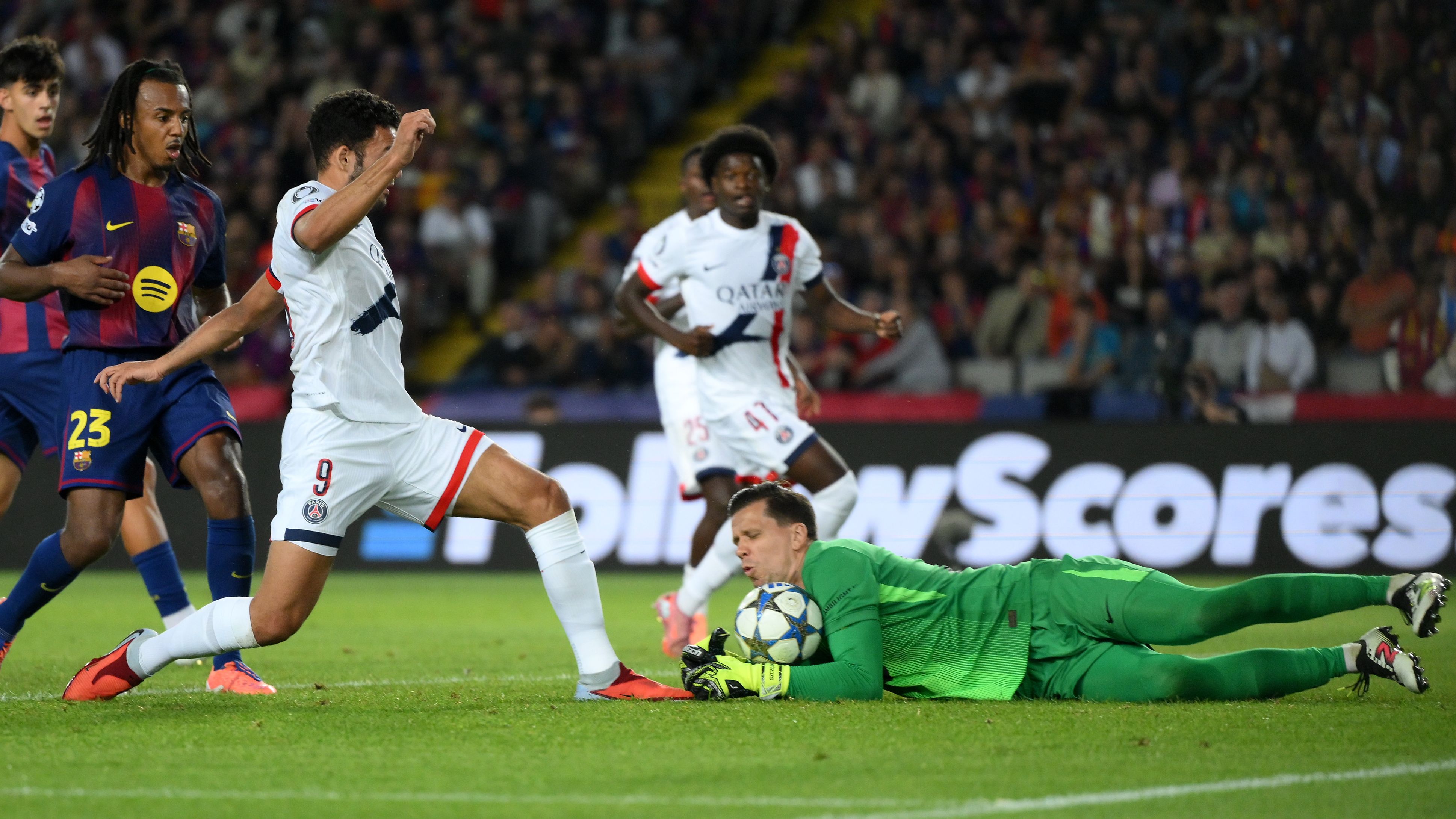
Szczesny’s Defiant Adaptation to Barcelona’s Tactics
In a tale of resilience and tactical evolution, Wojciech Szczesny‘s decision to re-enter the world of professional football with Barcelona stands out as one of the most unexpected twists in the 2024 transfer period. This seasoned Polish shot-stopper, celebrated for his calm demeanor and guiding presence on the pitch, stepped into an environment dominated by intricate ball control, vastly different from the defensive setups he honed in Italy and England. Confronted with the demands of Hansi Flick’s bold, forward-pushing strategy, Szczesny navigated a challenging path of adjustment, marked by initial uncertainty and unease, yet he ultimately contributed significantly as the team secured a full set of domestic honors.
Szczesny’s Reflections on Misfitting Barcelona’s Style
Overcoming Initial Discomfort and Embracing Change
During his conversation with Sportpl, Szczesny openly shared his insights, noting that he recognized from the outset that his skill set didn’t align perfectly with Barcelona’s fluid, possession-oriented approach. He described himself as a reliable interim choice for the position, though not the ideal match for such a system. To thrive, he understood the need to push boundaries rather than stick to conservative methods, which involved venturing out of his comfort zone multiple times to gauge the risks involved in this high-stakes setup. This process inevitably led to some errors, but he viewed them as essential steps in his growth.
Balancing Ego and Learning for Team Success
Szczesny admitted that the transition left him feeling uneasy at first, yet he observed the positive impact on the team’s performance, prompting him to conform to the style instead of expecting adjustments around him. With an openness to absorb new tactics, he prioritized team needs over personal pride, acknowledging his limitations due to age and the time required for mastery. Nevertheless, he focused on delivering his role effectively, maximizing his contributions despite the challenges.
Recent Struggles and Defensive Vulnerabilities at Barcelona
Lessons from the Sevilla Defeat
The 4-1 setback against Sevilla recently spotlighted the persistent hurdles for both Szczesny and Barcelona’s defensive unit. Even with his determined efforts, the experienced goalkeeper allowed four goals as Sevilla capitalized on exposed areas and swift transitions. This loss, coming on the heels of a defeat to Paris Saint-Germain, revealed weaknesses in the team’s rear guard and emphasized the potential pitfalls of Flick’s intense pressing and ball-dominant tactics. Szczesny’s difficulties in these encounters illustrate the pressures that can overwhelm a veteran player when forced into an unfamiliar framework.
Upcoming Opportunities for Barcelona’s Redemption
Preparing for the Girona Clash
The forthcoming match against Girona at Estadi Olimpic Lluis Companys offers Barcelona a chance to bounce back. Robert Lewandowski, who missed a spot-kick in the previous outing, is determined to regain his sharpness, and the potential return of injured squad members could bolster the lineup. For Szczesny, staying alert and composed will be crucial. Girona, having endured a tough campaign with only a slim victory over Valencia following a string of draws and losses, still poses a threat, drawing from their history of upsetting Barcelona in past meetings.
Wojciech Szczesny’s Reflections on Misfit with Barcelona’s Style
Wojciech Szczesny, the Polish goalkeeper renowned for his commanding presence in goal, has openly discussed the challenges he faced adapting to Barcelona’s intricate playing style. Known for his time at clubs like Arsenal and Juventus, Szczesny’s approach often emphasized quick reactions and individual heroics, which sometimes clashed with Barcelona’s emphasis on high-pressing, possession-dominant tactics. In various interviews, he highlighted how this misfit led to moments of discomfort, particularly in high-stakes matches like those in the UEFA Champions League.
Szczesny’s experiences under previous managers at Barcelona revealed a sense of unease, as he adapted to a system that required constant communication and precise distribution from the back. For instance, he noted that Barcelona’s tiki-taka philosophy demanded goalkeepers to be more involved in build-up play, an area where he initially struggled despite his technical skills. This reflection on misfit underscores the broader theme of how individual player styles can conflict with team philosophies, making it a key talking point for football enthusiasts analyzing Wojciech Szczesny’s career trajectory.
Challenges and Discomfort Expressed by Szczesny
Digging deeper, Szczesny has shared insights into the personal discomfort he felt while trying to integrate into Barcelona’s system. In conversations with coaches and teammates, he described the mental toll of constantly adjusting to a style that prioritized fluidity over his more reactive goalkeeper instincts. This discomfort was particularly evident in games against teams like Paris Saint-Germain (PSG), where Barcelona’s defensive structure was tested, and Szczesny’s role became pivotal yet frustrating.
According to reports, Szczesny emphasized how this adaptation process affected his confidence, especially in crucial moments. For example, he mentioned in post-match discussions that the high expectations at Barcelona amplified his challenges, leading to a period of self-doubt. While these reflections often surfaced in media interactions, they paint a picture of a player grappling with the demands of one of football’s most prestigious clubs. Wojciech Szczesny’s honesty about this misfit provides valuable lessons for aspiring goalkeepers on the importance of versatility in modern football[başvurmak:[başvurmak:https://supersport.se.pl/…].
Post-retirement reflections from Szczesny add another layer, as he has looked back on his time at Barcelona with a mix of regret and growth. In recent years, after stepping away from the pitch, he’s expressed how the discomfort he felt wasn’t just tactical but also emotional, stemming from the pressure to conform to a legacy built by icons like Victor Valdes and Marc-Andre ter Stegen. This retrospection highlights how professional athletes often reevaluate their careers, turning past struggles into sources of wisdom.
Embracing Challenges Under Hansi Flick
Under Hansi Flick’s management, Szczesny found a renewed sense of purpose, embracing the challenges that once caused discomfort. Flick, known for his tactical flexibility, positioned Szczesny as a “treasure” in the squad, valuing his experience and leadership in the dressing room. This shift allowed Szczesny to adapt more effectively, focusing on his strengths while contributing to Barcelona’s evolving style.
Szczesny himself has revealed details of Flick’s motivational talks, which helped him overcome the misfit. For instance, in one interview, he recounted how Flick encouraged him to view challenges as opportunities for growth, leading to better performances in key fixtures. This embrace of challenges under Flick not only improved Szczesny’s on-field contributions but also fostered a more positive team dynamic, as seen in matches against Sevilla and PSG.
Benefits of Adapting to New Coaching Styles
Adapting to a coach like Hansi Flick can yield significant benefits for players like Wojciech Szczesny. One key advantage is enhanced mental resilience, as players learn to navigate discomfort and turn it into motivation. For Szczesny, this meant developing better distribution skills, which directly boosted his value in Barcelona’s lineup. Additionally, such adaptations can extend a player’s career, providing fresh perspectives that prevent burnout.
Other benefits include improved team cohesion and personal growth. When a goalkeeper aligns with a coach’s vision, it creates a ripple effect, enhancing overall defensive stability. In Szczesny’s case, Flick’s approach helped him build stronger relationships with defenders, reducing errors and increasing clean sheets.
Practical Tips for Athletes Facing Similar Challenges
If you’re an athlete dealing with a misfit in your team’s style, consider these practical tips drawn from Szczesny’s experiences:
- Focus on Communication: Regularly discuss your concerns with coaches, as Szczesny did with Flick, to find common ground and adjust tactics.
- Build Mental Toughness: Practice mindfulness or visualization techniques to handle discomfort, helping you embrace challenges like high-pressure games.
- Seek Feedback: Analyze game footage with mentors to identify areas for improvement, turning weaknesses into strengths.
- Prioritize Recovery: Post-training routines, such as proper nutrition and rest, can mitigate the emotional strain of adaptation.
These tips are based on real-world scenarios in professional football, offering actionable advice for anyone in similar situations.
Case Studies of Other Players’ Adaptations
To provide context, let’s look at case studies of other footballers who faced style misfits. For example, when Alisson Becker joined Liverpool, he had to adapt from Roma’s defensive setup to a high-line system under Jurgen Klopp. Like Szczesny, Alisson expressed initial discomfort but eventually thrived, winning major titles. This parallels Szczesny’s journey under Flick, showing how patience and coaching support can lead to success.
Another case is Manuel Neuer at Bayern Munich, who revolutionized the goalkeeper role with his sweeping style. Neuer’s reflections on early challenges mirror Szczesny’s, emphasizing the need for ongoing learning. These examples illustrate that many top players encounter similar issues, making Szczesny’s story relatable and instructive.
First-Hand Experiences from Szczesny’s Career
Drawing from first-hand accounts, Szczesny has shared personal anecdotes in interviews, such as his interactions with Flick during tense matches. He described a specific halftime talk after a draw with PSG, where Flick’s encouragement helped him refocus and perform better in the second half. These experiences underscore the human side of professional sports, reminding readers that even elite athletes like Wojciech Szczesny must navigate discomfort to achieve growth[başvurmak:[başvurmak:https://kanalsportowy.pl/…].
Overall, Szczesny’s story serves as a blueprint for handling transitions in football, blending reflection with forward-thinking adaptation. This ongoing narrative keeps fans engaged, searching for more on Wojciech Szczesny Barcelona updates and his enduring legacy in the sport.


